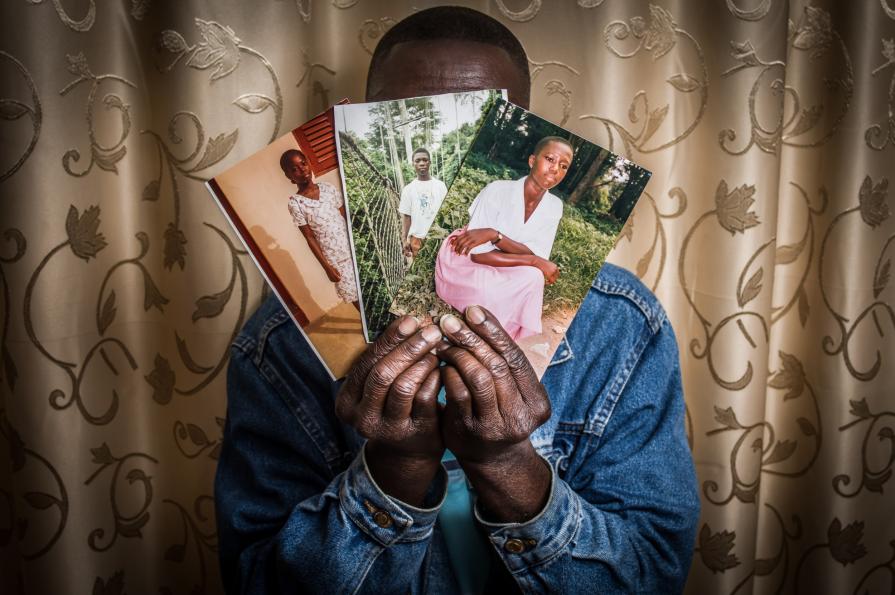
Holding Hands Across Borders
This photo documentary is based on the PhD research of anthropologist Miranda Poeze. Over the past five years she has researched Ghanaian migrant parents in The Netherlands whose children are living in Ghana. In her research, Miranda focused on how migration and often lengthy separations, shape the relationships between migrant parents and their children. This photo documentary offers an intimate insight into the lives of eight cross-border families (5 of which are shown here) and on the ways their family lives and migration projects are intertwined.
Photo descriptions:
Photo 1a - Anthony: Anthony moved to The Netherlands in 2007 to financially provide for his wife and three children who stayed in Ghana. His breadwinning activities were drastically interrupted when he was apprehended by the police and imprisoned on the grounds of his undocumented status. The nine months in prison were not only traumatic, but also meant a loss of his informal work and accommodation, and a temporary loss of contact with his family in Ghana. Ever since his release two years ago, the daily lives of Emmanuel and his family in Ghana, centre around their struggles to make ends meet. As a result, his youngest daughter is forced to stay at home as the school fees cannot be paid.
Photo 1b - Kwando & Eva: ‘It was one morning that they told us he would be traveling to holland so he could raise money for us to become a big person in the future. We were hoping that one day we would join him and all would be fine. We were very happy, tears of joy setting in.’ (Kwadwo)
‘That day I was leaving the house crying, I didn’t like it, but I also knew that if I stayed with them, the children would end up being criminals, because I could not sponsor for them and they would be on the streets like other children. So I had to come. But I didn’t want it, it was the situation that compelled me. I think everybody wants to live with their family.’ (Anthony)
Photo 2a - Veronica: Veronica left her six-year-old son, Frederick, in Ghana when moving to The Netherlands twenty years ago. Despite being married to a Dutch man and having a residence permit, the reunification procedure with her son was rejected several times. Care responsibilities for her disabled son in The Netherlands prevented Veronica from visiting Frederick during the first 10 years of separation. On his 16th birthday she visited and since then has tried to visit her son every year. While these visits and the frequent communication have enabled them to establish an intimate relationship, the years of physical separation have led to an emotional break that is difficult to undo.
Photo 2b - Frederick: 'Meeting her was overwhelming. One of the best days in my life. I will never forget that day; it was awesome seeing her. I still remember it, like it was yesterday. We spent a whole lot of time together when she came to Ghana. We spent nights, we didn’t sleep, we just continued talking and laughing. […] I feel that as much as she was not here with me she has made sure that she was with me. She talked to me every single time she got.’ (Frederick)
‘After ten years I packed my bag and went home. Then I saw that he didn’t grow up with me. I was trying my best; buy him things. But that was nothing, because he really needed the mother’s love. And I realized when I went home that I didn’t really know him. He also really didn’t know me.’ (Veronica)
Photo 3a - William: William came to The Netherlands nine years ago on a tourist visa, leaving his five children – aged 2 to 15 - in the care of his wife. He has been undocumented ever since his visa expired. His life as an undocumented migrant has not been easy: he is always worried of being caught by the police (especially after having spent eleven months in immigration detention), he experiences difficulties on the informal job market, and when he had a hernia, he did not have the right to medical assistance. While his stay in The Netherlands has enabled him to fulfill some of his breadwinning responsibilities, years of physical separation have strongly impacted their ongoing attempts to maintain intimate relationships with each other through regular telephone calls.
Photo 3b - Mary: ‘The two oldest ones, they have phones now with which we can Skype. So last week was the first time that we Skyped. It was the first time in nine years that I saw moving images of my children. Before, they sent me pictures with Whatsapp. When I left Ghana they were little. I told them, ‘will you recognize me when I come? I am an old man now and all my hair is gone’. It is a pity. That day, I couldn’t eat.’ (William)
‘The worst thing about him being there is that we don’t see him. He cannot monitor us, our steps: ‘where are you going?’ ‘come and sleep’, those kind of things. How we are. Like right now he has even forgotten my size, even though we have been sending him pictures. I think it is different from seeing us personally.’ (Mary)
Photo 4a - Florence: 2014 was the year that Florence obtained her residence permit after her Dutch-born teenage daughter obtained hers. Florence is now saving money to visit her two children, Francisca (30) and Berta (20), and grandchildren, for the first time since she left Ghana nineteen years ago. The long-overdue visit – a result of Florence’s undocumented status that didn’t allow her to travel back and forth between Ghana and The Netherlands - weighs heavy on the family members as it has been difficult to build and maintain intimate relationships. The emotional suffering related to the distance and immobility reached a peak when Florence learned about the abuse her children had to endure for over a decade while living with a relative.
Photo 4b - Francisca & Berta: ‘If I would have the money, I would go tomorrow’. (Florence)
‘Being without my mum? I don’t like it, I just want to be with her, to feel motherly love. I have never had some before.’ (Berta)
‘Before it was not easy, I used to cry a lot; I was thinking a lot about the children. When I heard things were bad with them, I felt so bad.’ (Florence)
My mom was very sad when she heard about the abuse, but she couldn’t do anything with it; she was not here. I asked her to come back, but she said that she couldn’t. When she didn’t come back, at first I thought that she didn’t love me. (Berta)
Photo 5a - Benjamin: Benjamin moved to The Netherlands fourteen years ago, leaving his three children – aged 2 to 8 – with his wife. Despite his undocumented status and the hardships related to it, Benjamin managed to acquire a relatively stable income over the years. This has allowed all his sons to attend high quality schools and his eldest son, Emmanuel (21), to attend university. Yet, in spite of Emmanuel’s and his brothers’ appreciation for the educational gains of their father’s migration, they also point to the emotional gap these years of separation have left.
Photo 5b - Emmanuel: Somehow it has met my expectations. Because looking at the education of my children and the job I was doing in Ghana, right now with my senior son in university, if I would have been in Ghana now, I don’t think I would have been able to afford this. But now, thank God, all of them have furthered their education. Though it is very difficult sometimes; you have to go to extreme ends to find the means to take care of them.. (Benjamin)
I wasn’t expecting that he was going to keep that long. It was a little confusing. Growing up I didn’t really realize how much his absence was going to mean. A lot of the guys around got to do things with their dads. I learned to shave myself and the other things that your dad being around would mean for you. It’s been hard growing up without him (Emmanuel).
Project Statement:
The aim of the photo project is twofold. First, it aims to capture how geographical separation shapes relationships between migrant parents and their stay behind children. Through photos and accompanying interviews we get to know the migrant parents in The Netherlands and their children in Ghana and the impact of separation on their relationships. We learn about the expectations of migration and decisions that parents (have to) make in their migration trajectories, the difficulties to maintain intimate relationships across borders and the importance of long-distance communications and face-to-face contact. The photo documentary explores the powerful mix of emotions that long-term separation and often-unfulfilled expectations trigger in these parents and their children after many years of separation, but also of love, hope and pride. Secondly, its larger aim is to shift the currently one-dimensional and polarized debate about migration by literally showing the faces and often selfless motivations behind it in both The Netherlands and Ghana.
The photo documentary shows that family separation is present among different types of migrants, sometimes by choice, but more often because restrictive migration policies do not allow families to reunite. At the same time, legal status largely determines the lives of the migrants in The Netherlands, of their children back home, and of the ways in which relationships are shaped over time and distance. Undocumented migrants face stress of not being able to work legally, financial limitations, unrealistic expectations of family members back home, and often cannot walk the streets freely without fear of being arrested, imprisoned and deported. On both sides the pain is felt from the often lengthy separations as undocumented migrants and their children are unable to travel between Ghana and The Netherlands. Whereas new technologies ease long-distance communication it also has its limitations as is poignantly shown in this photo documentary through the narratives of migrant parents and their children. Documented migrant parents often have more possibilities to stay connected to their children through visits. However, restrictive family migration policies may prolong family separation as migrant parents are unable to meet the conditions for family reunification, for instance, because of insufficient income or administrative hurdles. Hence, whereas these migrant parents are often able to send their children to high quality schools, financially provide for them, travel between countries and communicate frequently with them, here too, prolonged separations shape relationships and the emotional experiences on both sides.
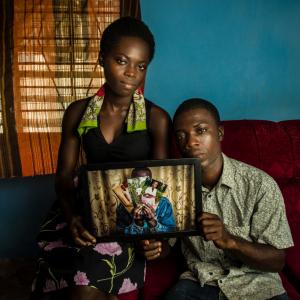
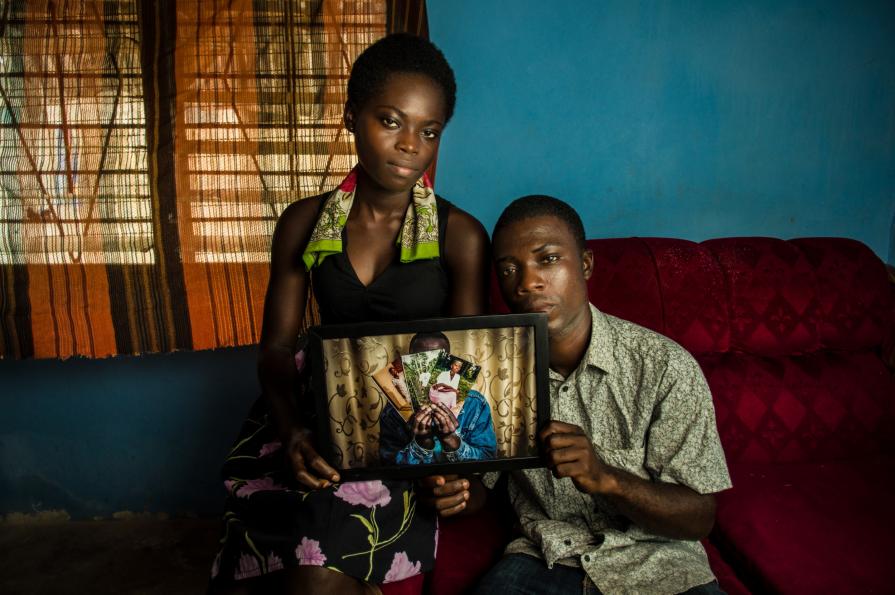
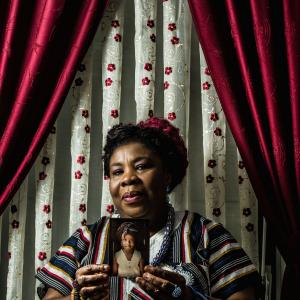
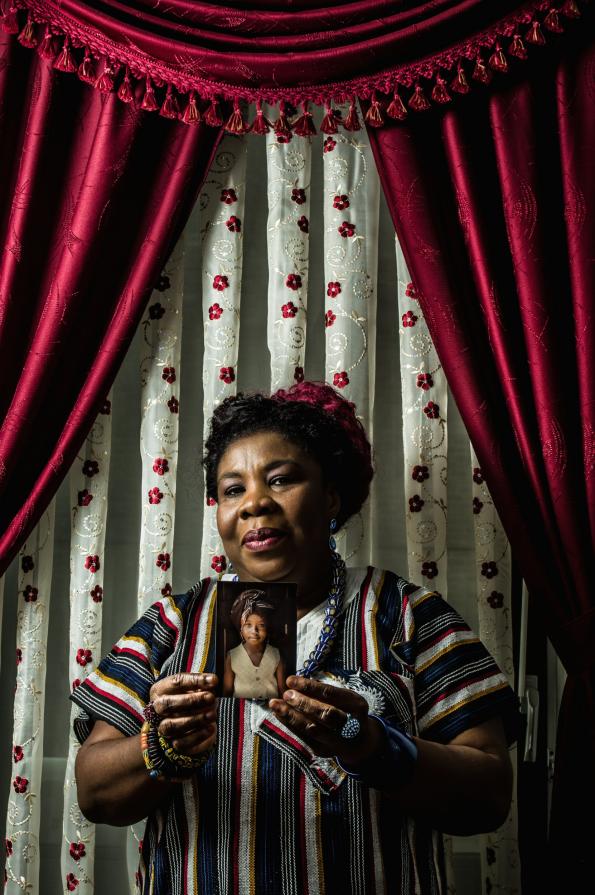
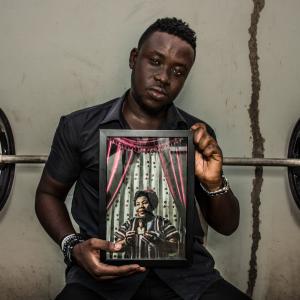
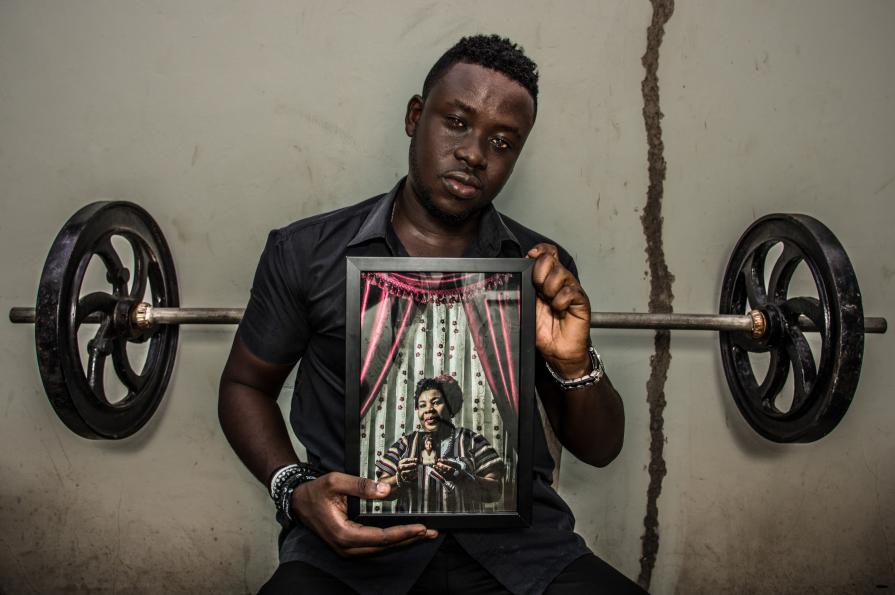
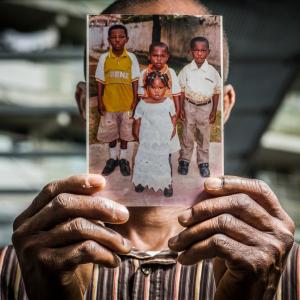
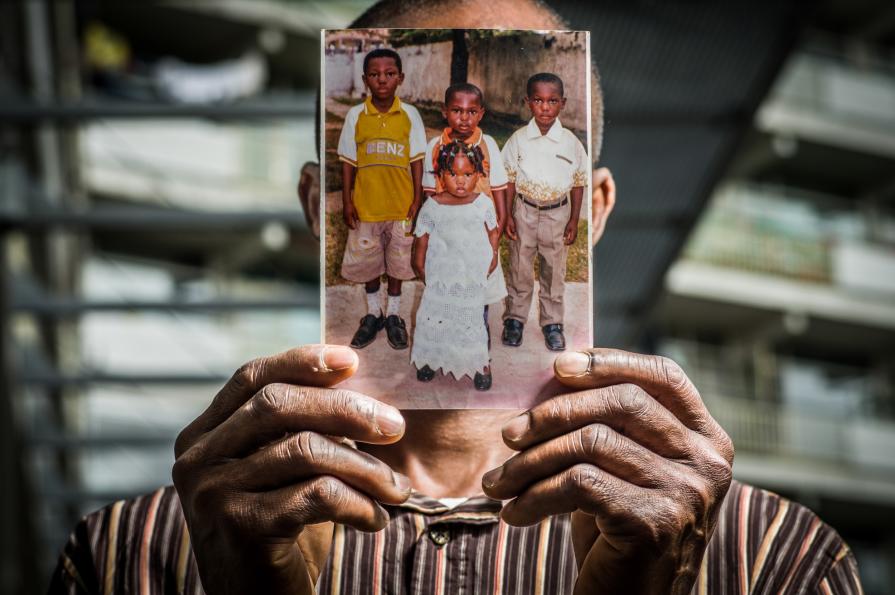
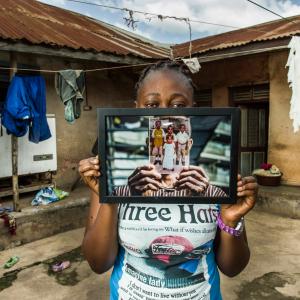
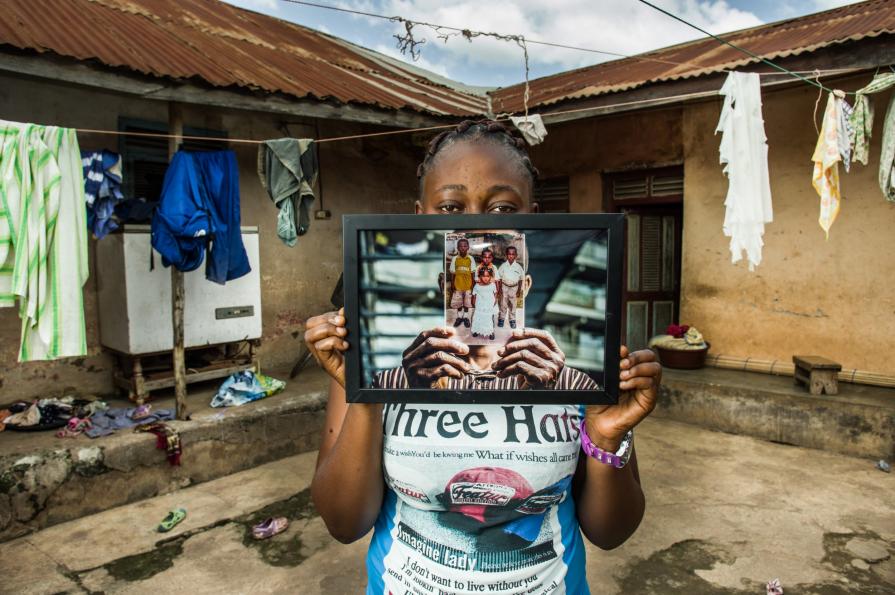
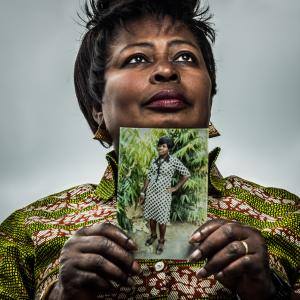
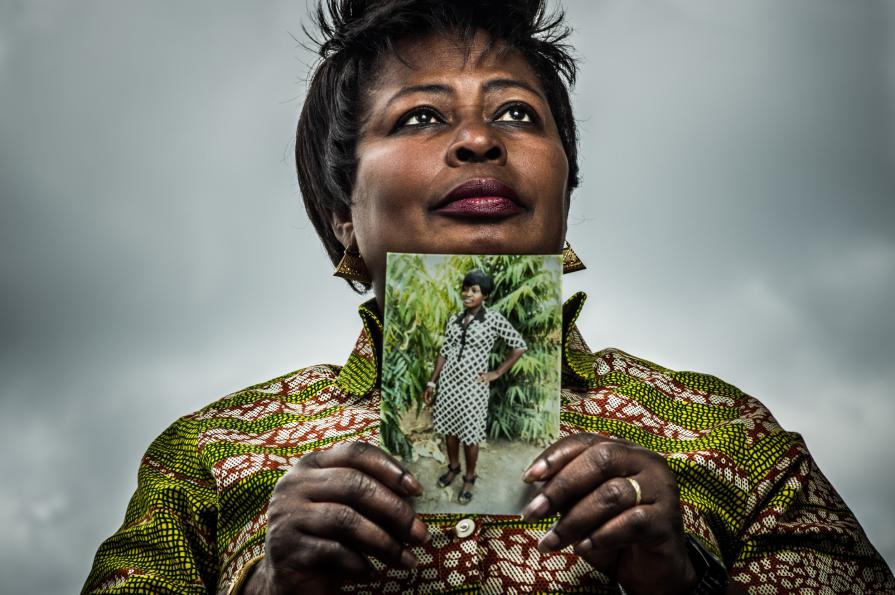
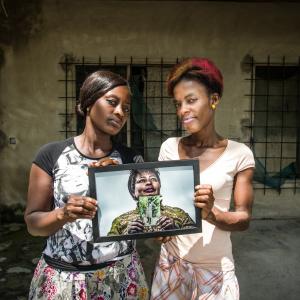
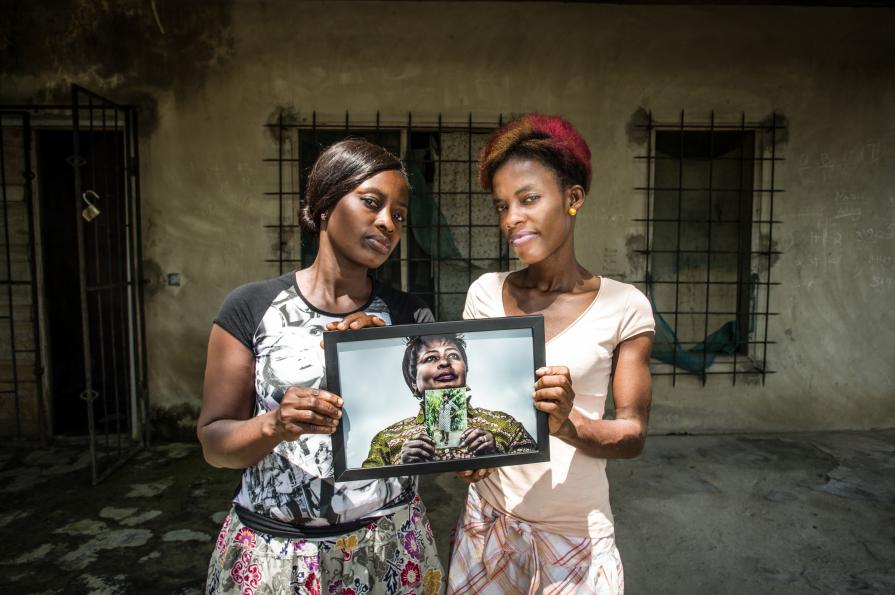


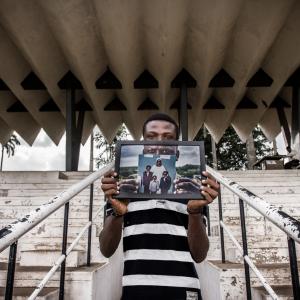
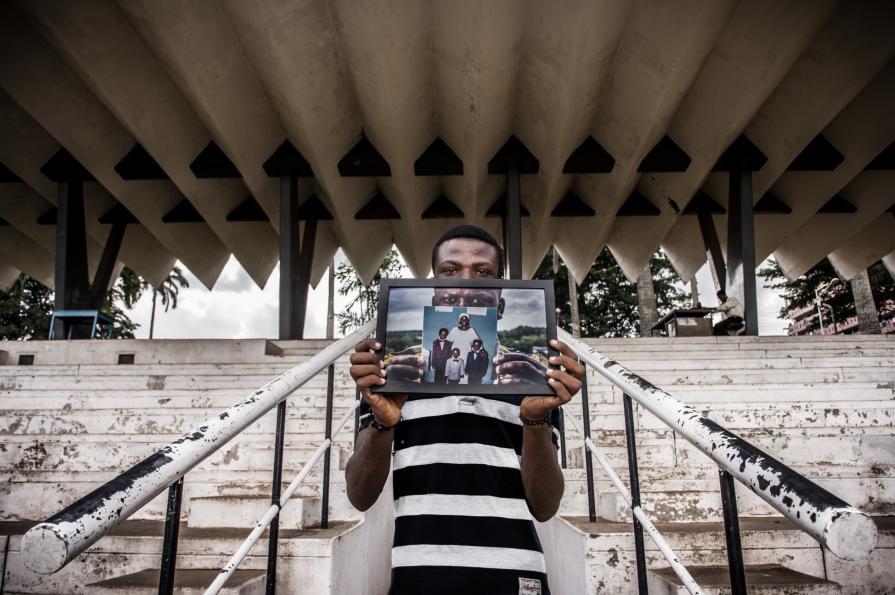













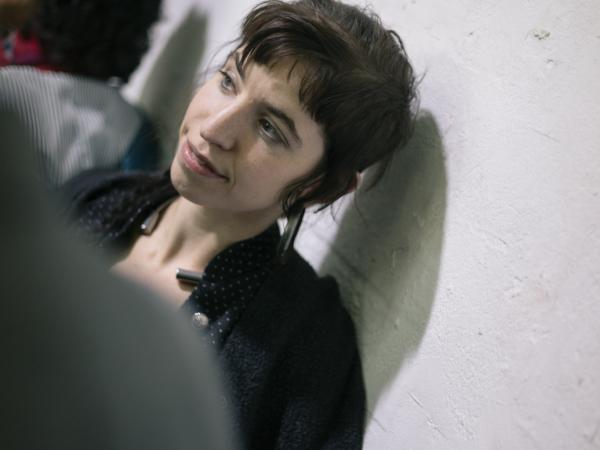
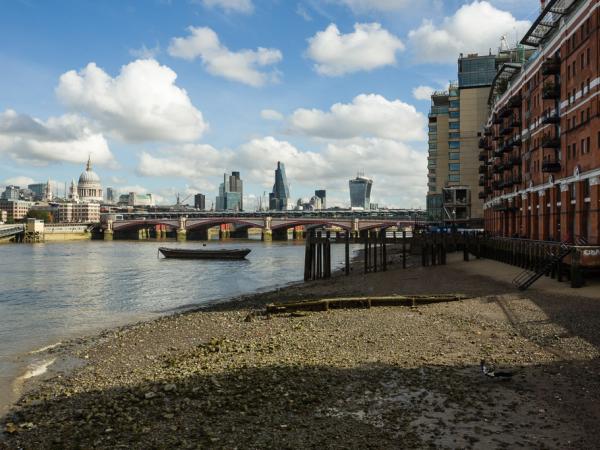
Comments 0
Say something